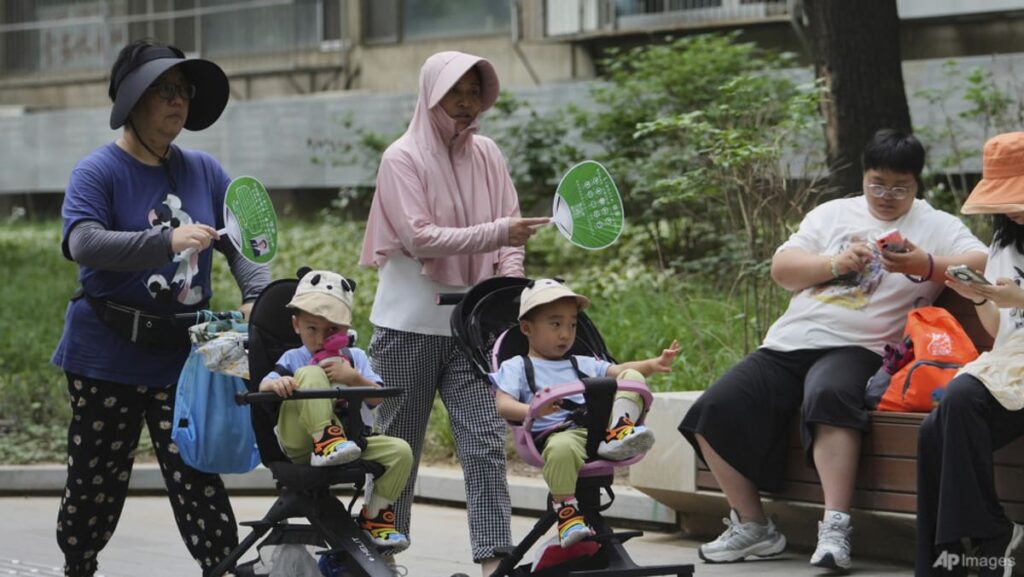SHANGHAI: During the summer, one would expect mothers of rising sixth-graders to try to make whatever time they get to spend with their children as fun and relaxing as possible. Unfortunately, this is not the case in China, where mothers of rising middle-schoolers, and the children themselves, must wear themselves out in the summer months preparing for the coming academic year.
This is not an optional practice preoccupying only the most ambitious Chinese. It is a burden for almost all families because only the top half of all middle-school graduates are admitted to an academic high school, ensuring eligibility for university.
Intense competition filters all the way down to elementary-school students. Teachers and schools are under pressure to deliver high rates of admission to academic high schools. To maximise the chances of success on an exam that will not take place until the ninth grade, many schools give incoming sixth-graders’ families course materials for the entire middle-school curriculum to work through over the summer.
The burden of teaching and cajoling the children to sit and study for hours each day falls disproportionately on mothers, many of whom may already have a demanding job. Chinese fathers traditionally contribute little to childcare, and the material is too difficult for most grandparents or other childcare providers.
Many mothers even take online courses, recommended by their child’s school, to learn how to teach it. Regardless of whether a mother is a CEO or a grocer who already works 60-hour weeks, she is likely to spend her summer nights toiling away at middle-school geometry.
Little wonder that Chinese fertility rates have reached record lows – one child per woman in 2023 – or that a growing share of young women do not want to become mothers. In one popular online survey, more than 60 per cent of (mostly female) respondents, aged 18 to 35, said they do not want to be parents, citing the high costs of raising children, doubts about their children’s future economic prospects, and the physical pain of childbirth.
These negative attitudes toward childbirth can translate into macroeconomic problems, because low fertility rates reduce the population share of working-age people. When this happened in Japan, its economy stagnated for at least a generation.
Read the full article here

